
Animal Welfare Guidelines
These Global Guidelines aim to bridge differing perceptions of welfare around the world and help veterinary teams to tackle the ethical questions and moral issues which impact welfare.

These Global Guidelines aim to bridge differing perceptions of welfare around the world and help veterinary teams to tackle the ethical questions and moral issues which impact welfare.
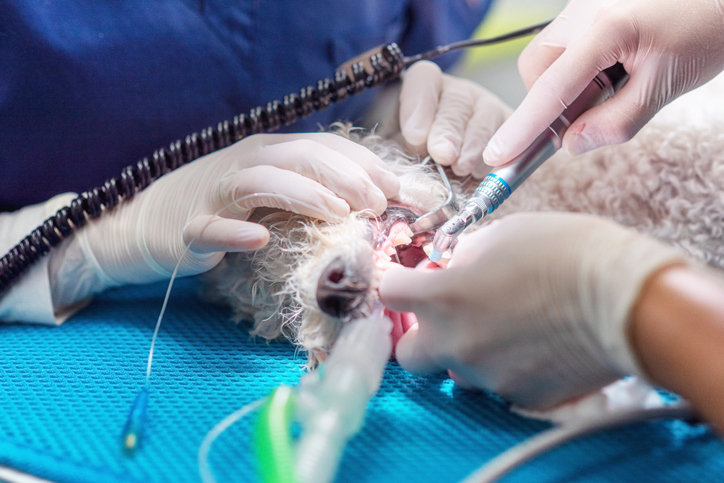
These Global Guidelines aim to highlight the importance of veterinary dentistry and give advice on best practice to raise standards of dental practice around the world.
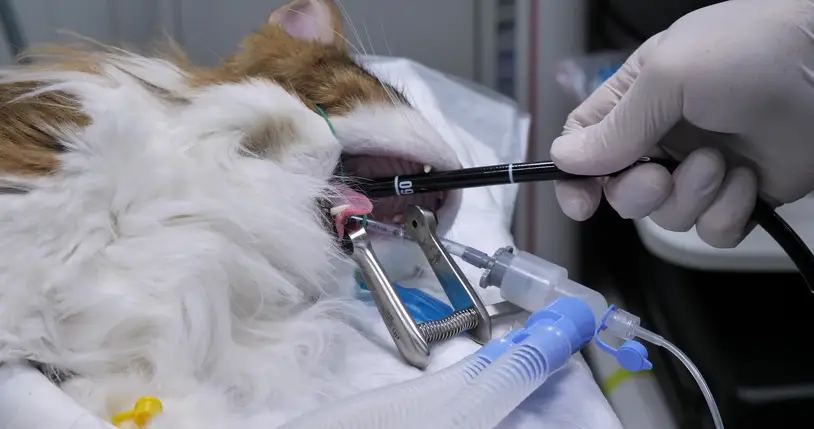
These global standards for the histopathological evaluation of the gastrointestinal tract of dogs and cats provide a wide range of benefits, including uniform diagnosis of disease, staging of disease, and the development of controlled clinical trials for the treatment of gastrointestinal disorders.
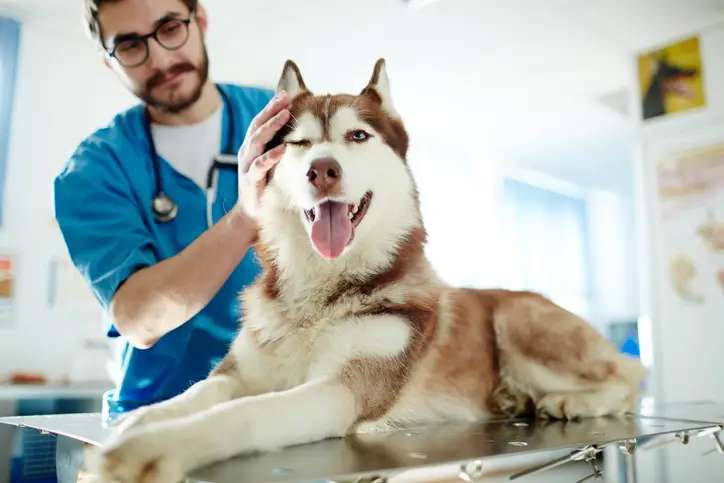
These guidelines encourage veterinarians, veterinary teams and breeders to adopt ‘health-conscious’ breeding and ensure the optimum use of genetic testing and counselling to control hereditary diseases and genetic predispositions in dogs and cats.
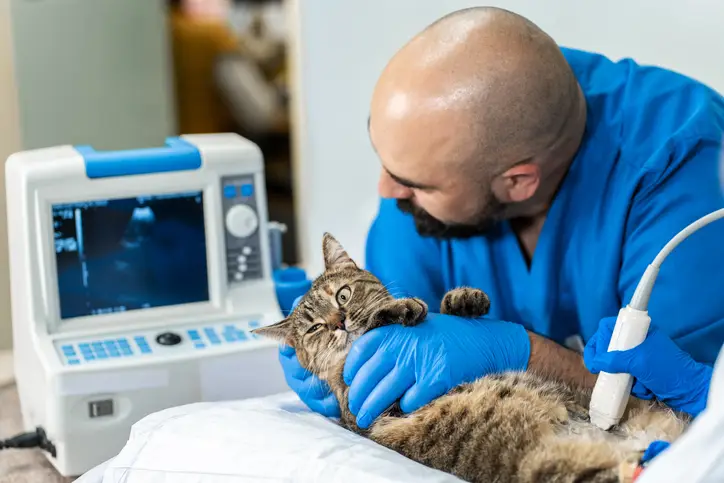
The guidelines are the global standard for the histological evaluation of liver tissues for liver diseases of dogs and cats, including unified nomenclature, well-defined histological diagnostic criteria, and precise definitions of chronicity stages and grades of disease.
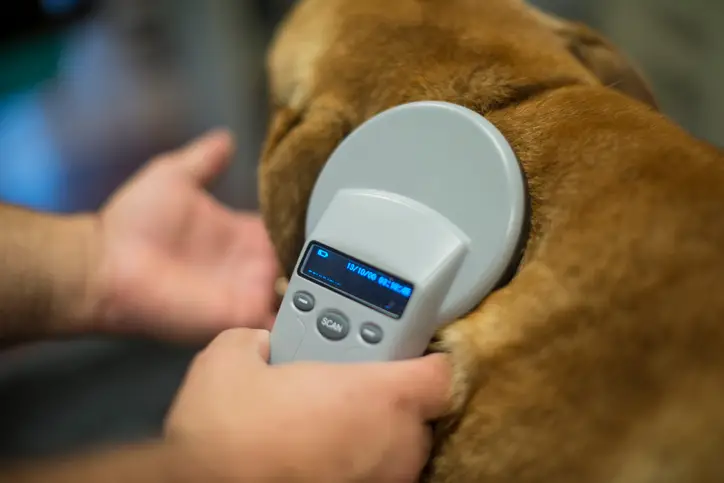
These Global Guidelines set out recommended implantation sites for microchips and give information on geographic and species variations (where they exist).

These Global Guidelines aim to help veterinary teams ensure that pets are fed according to an optimal and individually tailored nutrition plan. They also offer advice to support owner compliance.
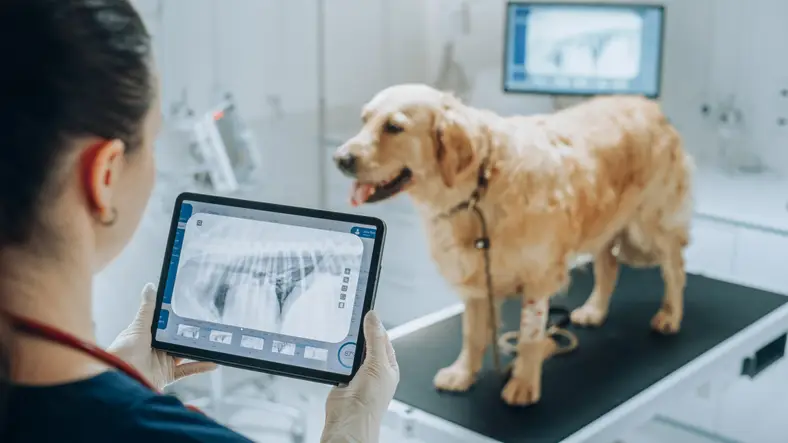
These guidelines help veterinary teams to understand the importance of pain management for patient health and welfare and offer the latest thinking on the treatment of pain.

These Global Guidelines offer an evidence-based overview of the elements that contribute to the current challenges around health and wellbeing in the companion animal veterinary sector globally. They also highlight wellbeing resources already available for veterinary leaders, team members and students.
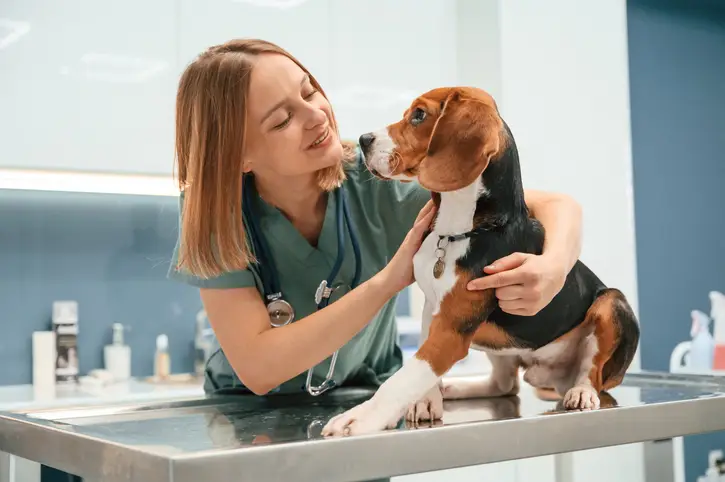
The Renal Standardization Project aimed to improve the diagnosis and, as a result, the clinical outcomes of canine patients with glomerular diseases.
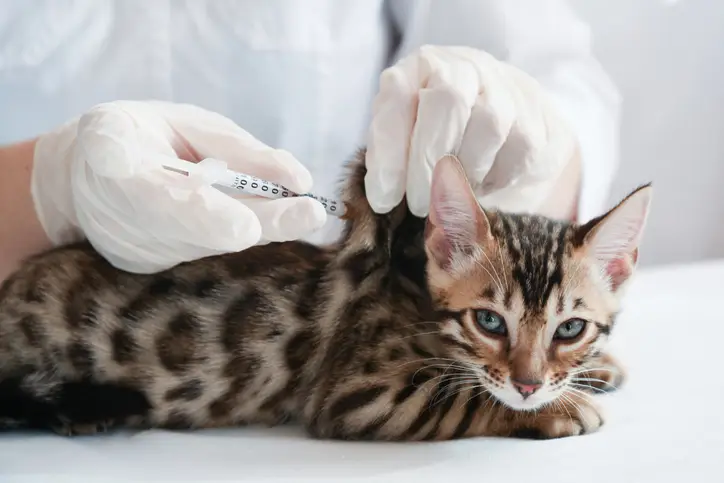
These Global Guidelines set out the latest scientific thinking on the vaccination of dogs and cats globally and give practical advice to veterinarians on optimum vaccination practice.
We are only able to respond to inquiries form veterinary professionals. We encourage pet owners to contact a local veterinarian.